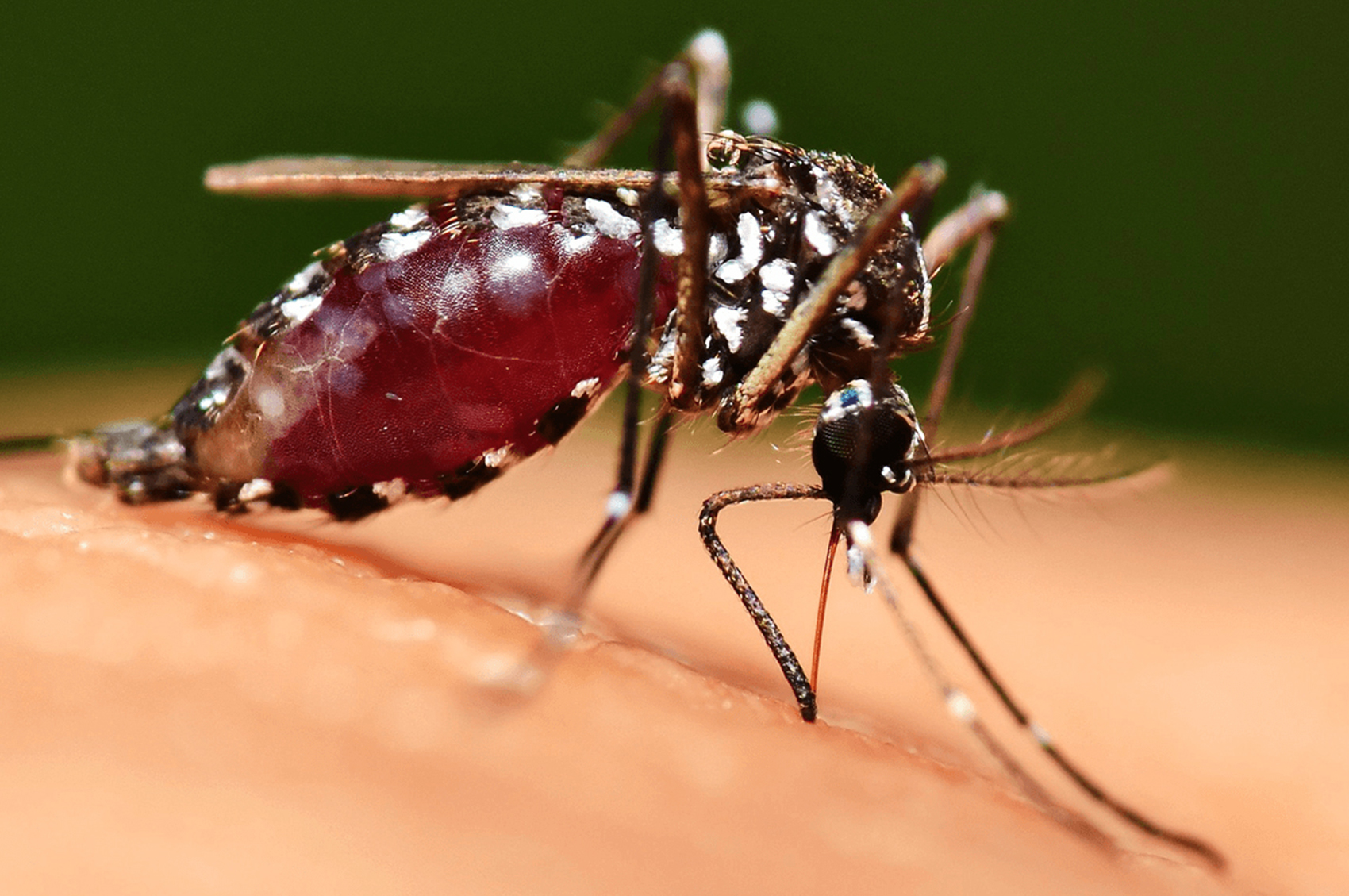Or How I Learned to Stop Worrying and Love Mosquitoes
We teach our children that man is an apex predator, that all creatures bow before our gracious majesty. But mosquitoes alone kill almost a million humans a year, and feed on the rest of us with blood lusted abandon, especially in the summer when we’re trying to be outside having fun.
While we might be losing the war, we can still win battles against the thrumming menagerie of tiny hematophages, or blood eaters. It’s time for science vs vampires!
What works?
Between an army of lab-coated mad and slightly angry scientists and our own experience in the bush, we’ve come up with the ultimate list of what works to keep mosquitoes away, no matter how bad they get.
Basically, the more of these you can combine at the same time, the better your experience will be out there.
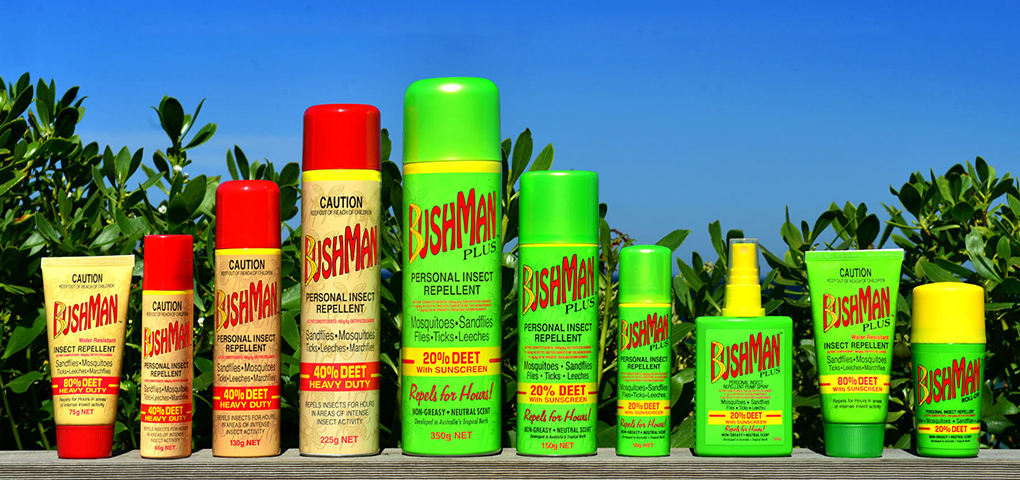
DEET
DEET is the king of mosquito repellents. Designed for the US military after it endured the hell of jungle fighting in the Pacific in WWII, it effectively renders the wearer invisible to mosquitoes and sand flies. Higher percentage formulations tend to last longer.
We use Bushman Heavy Duty 40% spray most of the time, but you can get an 80% gel.
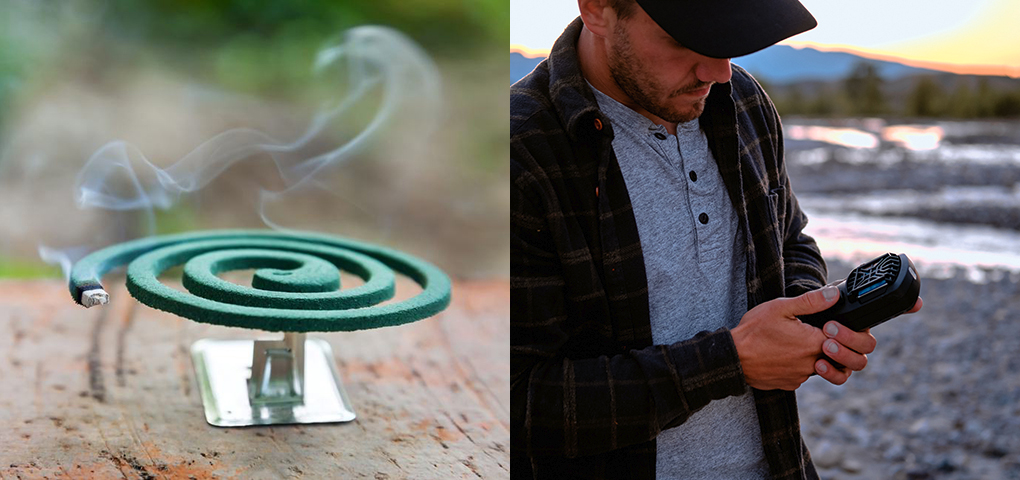
Pyrethroids
These are synthetic chemicals, like Allethrin, modelled after the natural pyrethrins present in Chrysanthemum flowers.
Unlike DEET, they are usually burned or heated to disperse into an area around humans to repel mosquitoes. Wind is the biggest problem with these, but they are highly effective in creating a small bubble of mosquito-free area, especially if you give them half an hour or so to build up in the air, or place them upwind of your camp.
We use Mortein Coils and Thermacells.
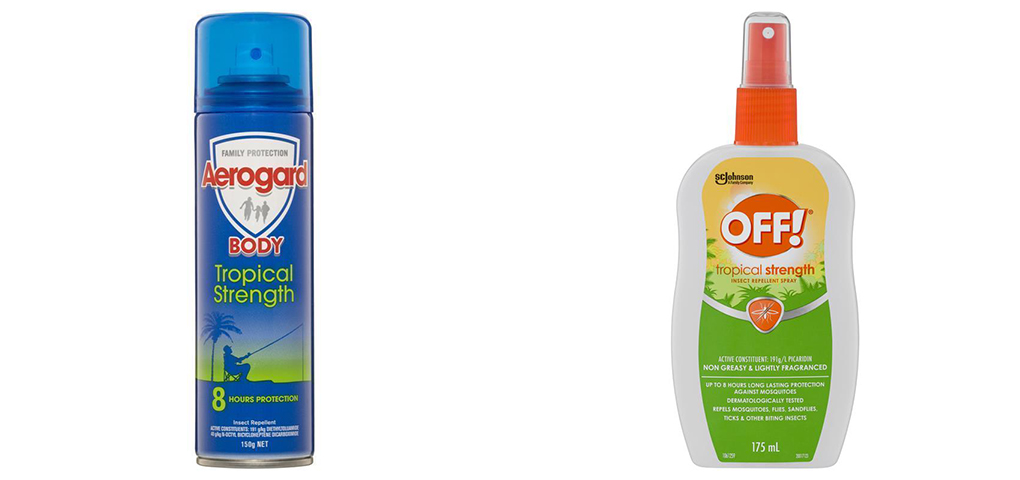
Picaridin
We’ve had mixed results with these products. They don’t smell as ‘chemical’ as DEET, feel as oily or make your lips go numb when you accidentally get the repellent in your mouth, but you sacrifice a bit of performance for those comforts.
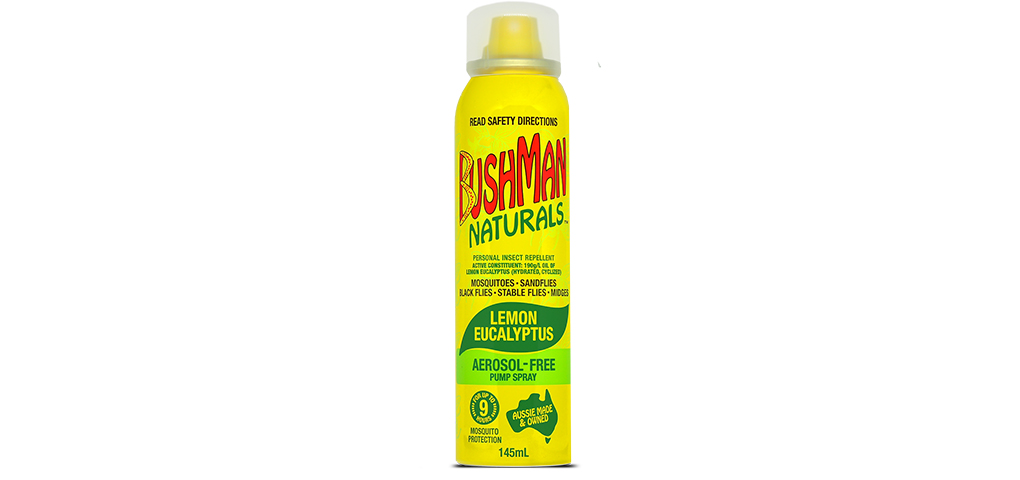
Lemon Eucalyptus Oil
The jury is still out here. This stuff smells amazing, and seems to keep mosquitos at bay where they are moderate or light. Honestly, we haven’t been brave enough to test this one out all on its own to see just how good it is, but lab testing seems to place it right below DEET in terms of effectiveness.
We use Bushman Naturals.
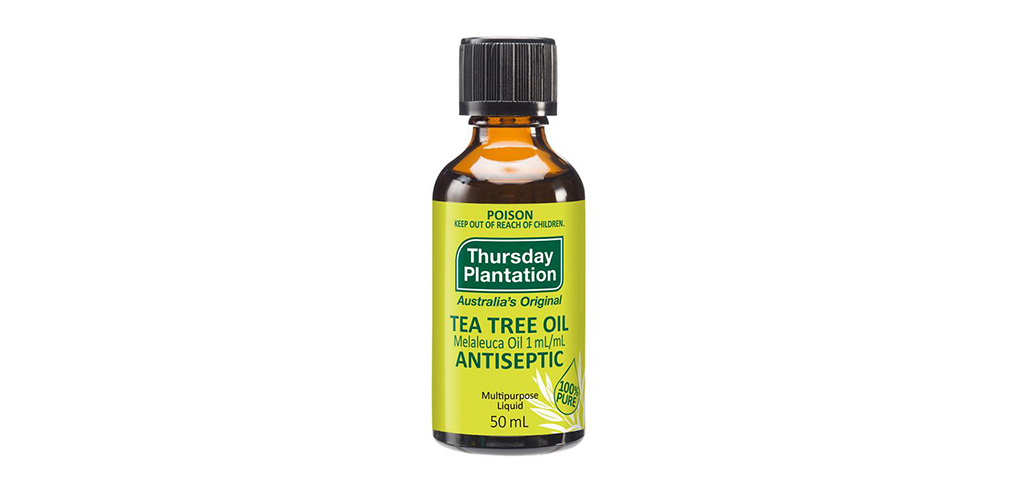
Tea Tree Oil
A moderately effective repellent, we always keep 100% tea tree oil around for when you do get bitten. It is, for us, the ultimate after bit care, as it stops itching almost straight away, and provides antiseptic benefits as well.
Light-coloured clothing
Mosquitoes are little ninjas. They know to hide in shadows, and if you are a walking shadow, you’re just making their job easier. The occasional kamikaze will land on a bright white shirt sleeve, but usually they avoid bright clothing.
And while mosquitoes can bite through clothing, you’re just making their job that little bit harder if you can bear to wear long sleeves and pants in the bush.
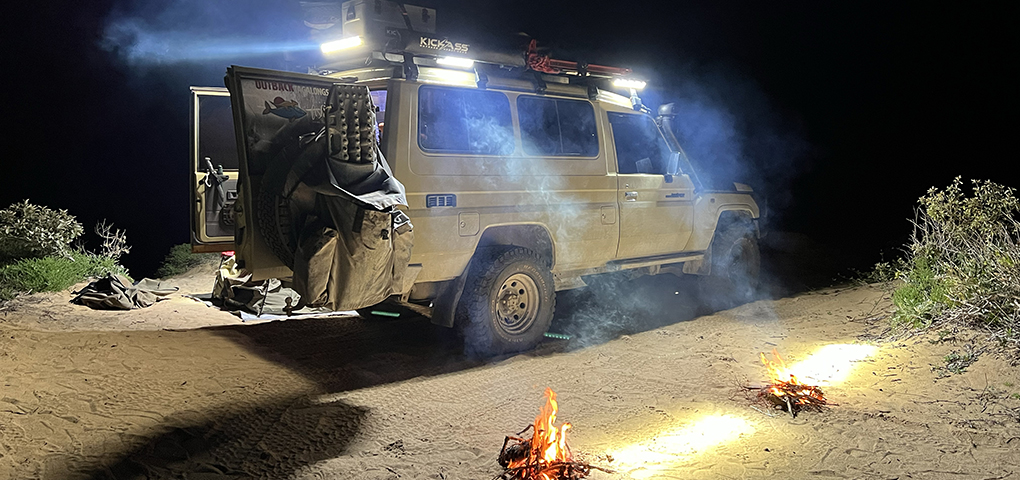
Light
This is actually one of the most effective repellents there is. We’ve run our camp lights at full power before in some epic mosquito clouds and seen none at all until we turned the lights off and thousands of them came streaming out from under the 4WD.
Smoke
Normal campfire smoke can reduce mosquitoes, but it’s pretty hard to breathe for us too.
If you have access to cypress pine to burn, that stuff is an absolute miracle, and will keep a large area free of mosquitoes and sand flies with a very small fire.
As we said at the top, the more of these you can combine together, i.e. light-coloured clothing, DEET, lighting around camp, etc, the less bites you’ll get out there, and the more you’ll enjoy your adventures.


